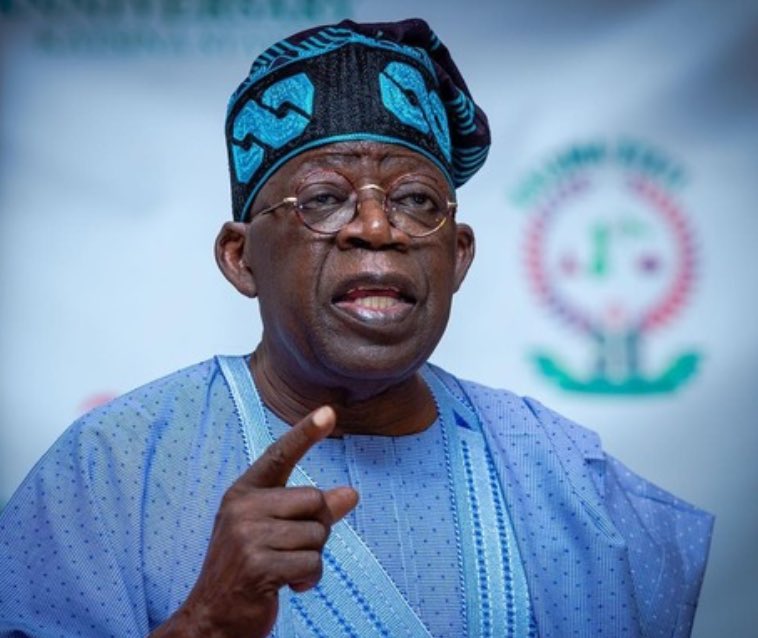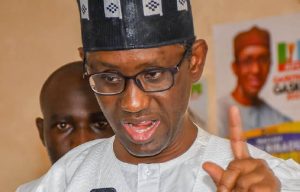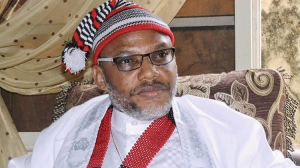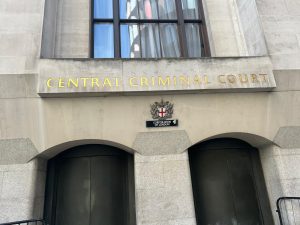Abuja, 15 June 2025 – President Bola Tinubu has faced sharp criticism over his administration’s handling of the ongoing violence in Benue State, where deadly attacks, primarily attributed to Fulani herders, have claimed numerous lives. In a recent press statement, Tinubu described the killings as “reprisal attacks,” a characterisation that has sparked outrage among observers and victims’ advocates, who argue it downplays the severity and one-sided nature of the violence.
The statement, issued by Tinubu’s Special Adviser on Information and Strategy, Bayo Onanuga, outlined directives for security chiefs to implement earlier orders aimed at restoring peace in Benue. It also tasked Governor Hyacinth Alia with convening reconciliation meetings to foster dialogue between farmers, herders, and communities. Tinubu condemned the killings as “inhuman and anti-progress,” urging political and community leaders to avoid inflammatory rhetoric and rein in those inciting violence.
However, the president’s framing of the attacks as “reprisal” has drawn significant backlash. Critics argue that this term suggests a cycle of mutual violence, ignoring the well-documented pattern of targeted attacks by armed Fulani herders on predominantly Christian farming communities in Benue. Human rights groups and local leaders have consistently described these incidents as acts of terrorism, driven by land disputes and ethnic tensions, rather than retaliatory exchanges.
Calling these atrocities ‘reprisal attacks’ is not only misleading but also an insult to the victims. said “It shifts blame onto the communities defending themselves and obscures the need for decisive action against the perpetrators.”
Adding to the criticism, Tinubu has yet to visit Benue to commiserate with the victims or assess the situation firsthand. This absence has been interpreted as a lack of empathy and urgency, further alienating communities grappling with grief and displacement. “The president’s failure to visit sends a message that the lives lost in Benue are not a priority,” said Mercy Adah, a community leader in Guma Local Government Area, one of the hardest-hit regions.
The press statement’s emphasis on reconciliation and dialogue, while laudable, has also been questioned for its practicality in the face of ongoing violence. Without addressing the root causes—such as unregulated herding practices, weak enforcement of anti-grazing laws, and the proliferation of arms among militia groups—critics argue that such measures risk being superficial.
Tinubu’s directive to security agencies to “act decisively” and prosecute perpetrators has been met with scepticism, given the history of impunity in similar cases. Many in Benue point to the lack of convictions for previous attacks as evidence of systemic failures in Nigeria’s security and judicial systems.
As the crisis persists, pressure is mounting on Governor Alia to deliver on the reconciliation mandate. However, the burden of peacebuilding cannot rest solely on state authorities, analysts say. The federal government must take bolder steps, including deploying sustained security operations, disarming militias, and addressing the economic and environmental factors fuelling the conflict.
For now, the people of Benue await tangible action from Abuja. “Words are not enough,” said Adah. “We need justice, protection, and a president who shows he cares.”






